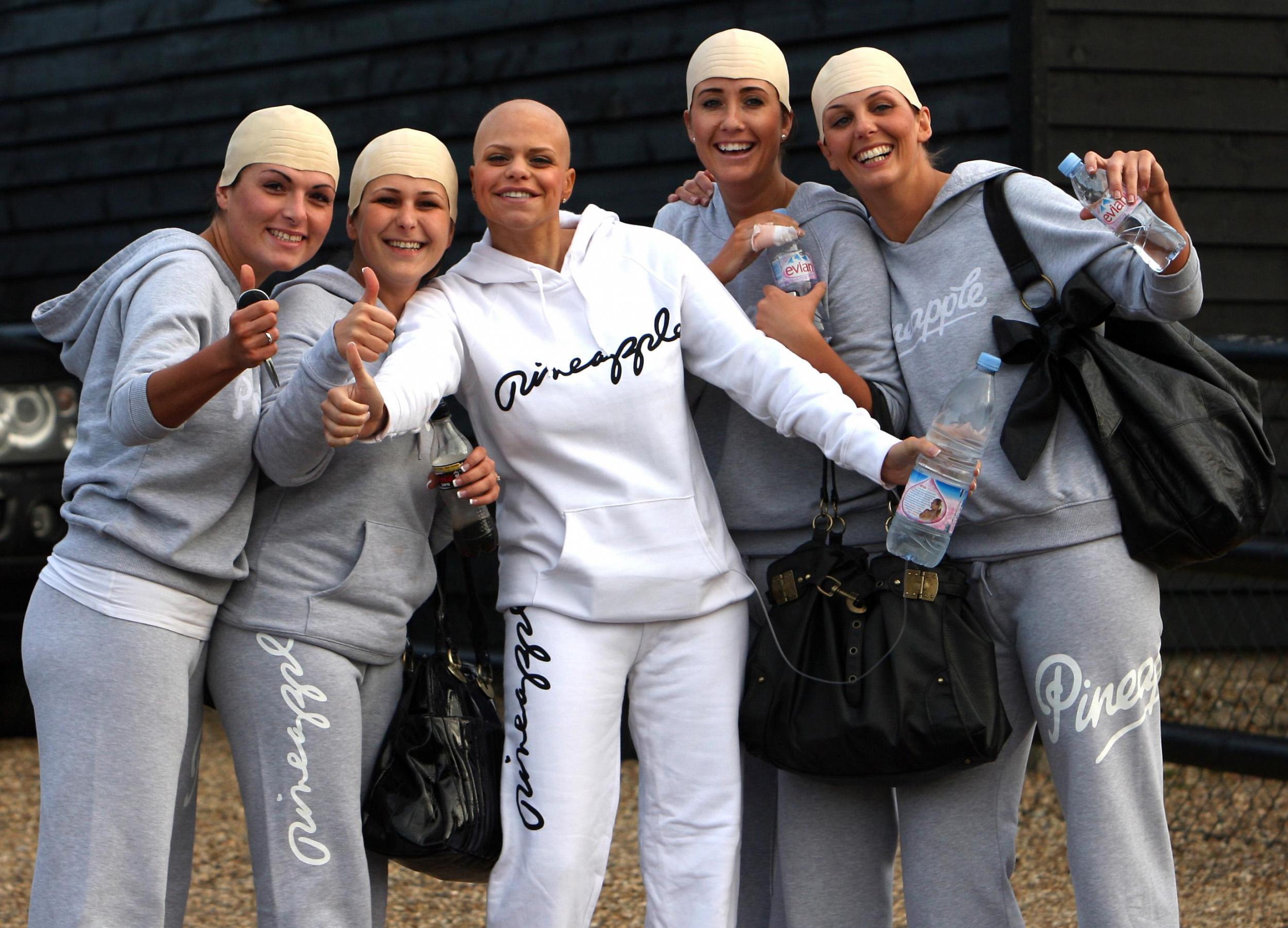HPV jab means women may only need three cervical cancer screening tests in their lifetime
Cutting down screening schedule could "free up" NHS resources, say researchers

Your support helps us to tell the story
From reproductive rights to climate change to Big Tech, The Independent is on the ground when the story is developing. Whether it's investigating the financials of Elon Musk's pro-Trump PAC or producing our latest documentary, 'The A Word', which shines a light on the American women fighting for reproductive rights, we know how important it is to parse out the facts from the messaging.
At such a critical moment in US history, we need reporters on the ground. Your donation allows us to keep sending journalists to speak to both sides of the story.
The Independent is trusted by Americans across the entire political spectrum. And unlike many other quality news outlets, we choose not to lock Americans out of our reporting and analysis with paywalls. We believe quality journalism should be available to everyone, paid for by those who can afford it.
Your support makes all the difference.Women who have been vaccinated against the human papillomavirus (HPV) may safely be able to have just three cervical cancer screenings in their lifetime, a study has suggested.
The change would become possible because the national HPV vaccination programme for girls aged 11 to 13, introduced in 2008, significantly reduces the risk of developing cervical cancer.
A less frequent screening schedule could safely “free up” NHS time and resources which are currently spent screening women aged 25 and over every three to five years until age 64.
The study, published in the International Journal of Cancer, found smear tests at age 30, 40 and 55 were as effective the current 12 tests.
HPV has been firmly established as the cause of almost all cases of cervical cancer, and the jab protects against the most serious types of the virus.
The study also suggests women who are not vaccinated may only need seven tests after a new, more “efficient” method for screening is introduced in 2019.
The research at Queen Mary University of London was funded by Cancer Research UK and used computer modelling, rather than clinical trials, to predict incidences of cervical cancer and protection from the HPV jab.
As many as eight out of 10 unvaccinated people will be infected with the virus in their lives. Most infections clear up naturally, but some can go on to cause cervical cancer.
The NHS jab protects against the four strains of HPV that cause 70 per cent of cervical cancers and 90 per cent of genital warts cases, so researchers argue the screening frequency can be cut accordingly.
Professor Peter Sasieni, Cancer Research UK's screening expert and lead author of the study, said: “The NHS should benefit from the investment that it’s made by introducing the vaccination programme.
“These women are far less likely to develop cervical cancer so they don’t need such stringent routine checking as those at a higher risk. This decision would free up resources for where they are needed most.”
This comes after The Independent reported GPs had written to NHS England raising concerns about planned changes to the system for inviting women for smear testing, and for sending out results.
National figures released this week show that uptake of cervical cancer screening in England has continued to drop, with levels now at their lowest for 20 years.
Some 1.2 million eligible women did not take up screening last year and cancer charities warned that the boost in uptake seen after reality TV star Jade Goody’s death was now “long gone”.
Overall 72 per cent of women got the jab, down from 72.7 per cent the year before.
Robert Music, chief executive of Jo’s Cervical Cancer Trust, said screening saved thousands of lives every year and a new awareness campaign is needed to boost uptake.
“I am extremely disappointed to see these statistics, however sadly I am not surprised,” he said.
Join our commenting forum
Join thought-provoking conversations, follow other Independent readers and see their replies
Comments